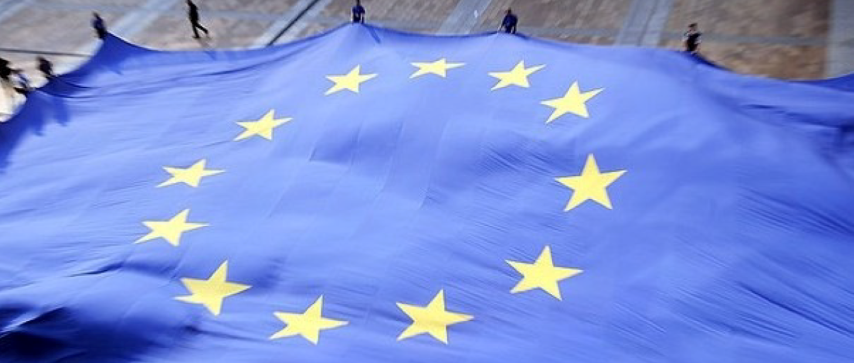| EU Institutions & Bodies |  |
The EU’s institutional framework promotes its values, advance its objectives and serve the interests of both its citizens and its Member States, while it ensures the consistency, effectiveness and continuity of its policies and actions.
The EU institutions and bodies manage and coordinate the work of the European Union and are located in Brussels, Strasbourg and Luxembourg. Since the EU was founded, they have changed in number, size, and influence.
EU Institutions
- The European Parliament is the only directly elected institution of the EU and has been steadily gaining power over recent decades. Now, it acts as a co-legislator for nearly all EU legislative acts and has major supervisory powers over the activities of the EU
- The European Council consists of the Heads of State and Government and sets the EU's overall political direction. With the entry into force of the Treaty of Lisbon on 1 December 2009, it became an institution. Its President is Herman Van Rompuy.
- The Council of the EU is the main legislator of the European Union (EU). While in most cases it exercises together with the European Parliament legislative and budgetary powers, it has wider scope over the European Union’s policy areas, since it carries out exclusive law and policy-making, as well as coordinating functions.
- The European Commission represents the interests of the Union as a whole. It does so by participating in the decision-making process, in particular by presenting proposals for European law and overseeing the correct implementation of the Treaties and European law. José Manuel Barroso is the President of the European Commission for the 2010-2014 term.
- The Court of Justice of the European Union interprets EU law to make sure it is applied in the same way in all EU countries. It also settles legal disputes between EU governments and EU institutions. Individuals, companies or organisations can also bring cases before the Court if they feel their rights have been infringed by an EU institution.
- The European Central Bank manages the euro and safeguards price stability in the EU. It is also responsible for framing and implementing the EU’s economic and monetary policy.
- The Court of Auditors audits EU finances. Its role is to improve EU financial management and report on the use of public funds.
The EU Institutions explained by their Presidents (produced in 2012, source: Council of the EU)
The EU has a number of other institutions and inter-institutional bodies that play specialized roles:
- The European External Action Service, which is the EU’S diplomatic corps. Its supports the High Representative for Foreign Affairs and Security Policy in conducting the common foreign and security policy.
- The European Economic and Social Committee, where representatives of Europe's employers, workers and other interest groups can express their views on EU issues It is a consultative assembly, issuing opinions to the larger institutions – in particular the Council, the Commission and the European Parliament.
- The Committee of the Regions, which is an advisory body representing local and regional authorities in the European Union.
- The European Investment Bank, which borrows money on the capital markets and lends it at a low interest rate to projects that improve infrastructure, energy supply or environmental standards both inside the EU and in neighbouring or developing countries.
- The European Ombudsman, who investigates complaints about maladministration by EU institutions and bodies.
- The European Data Protection Supervisor, whose responsibility is to make sure that the EU institutions and bodies respect people’s right to privacy when processing their personal data.
- The Publications Office, an inter-institutional office, whose task is to publish the publications of the institutions of the European Union.
- The European Personnel Selection Office, which sets competitive examinations for recruiting staff to work in all the EU institutions.
- The European School of Administration, which provides training in specific areas for members of EU staff.






